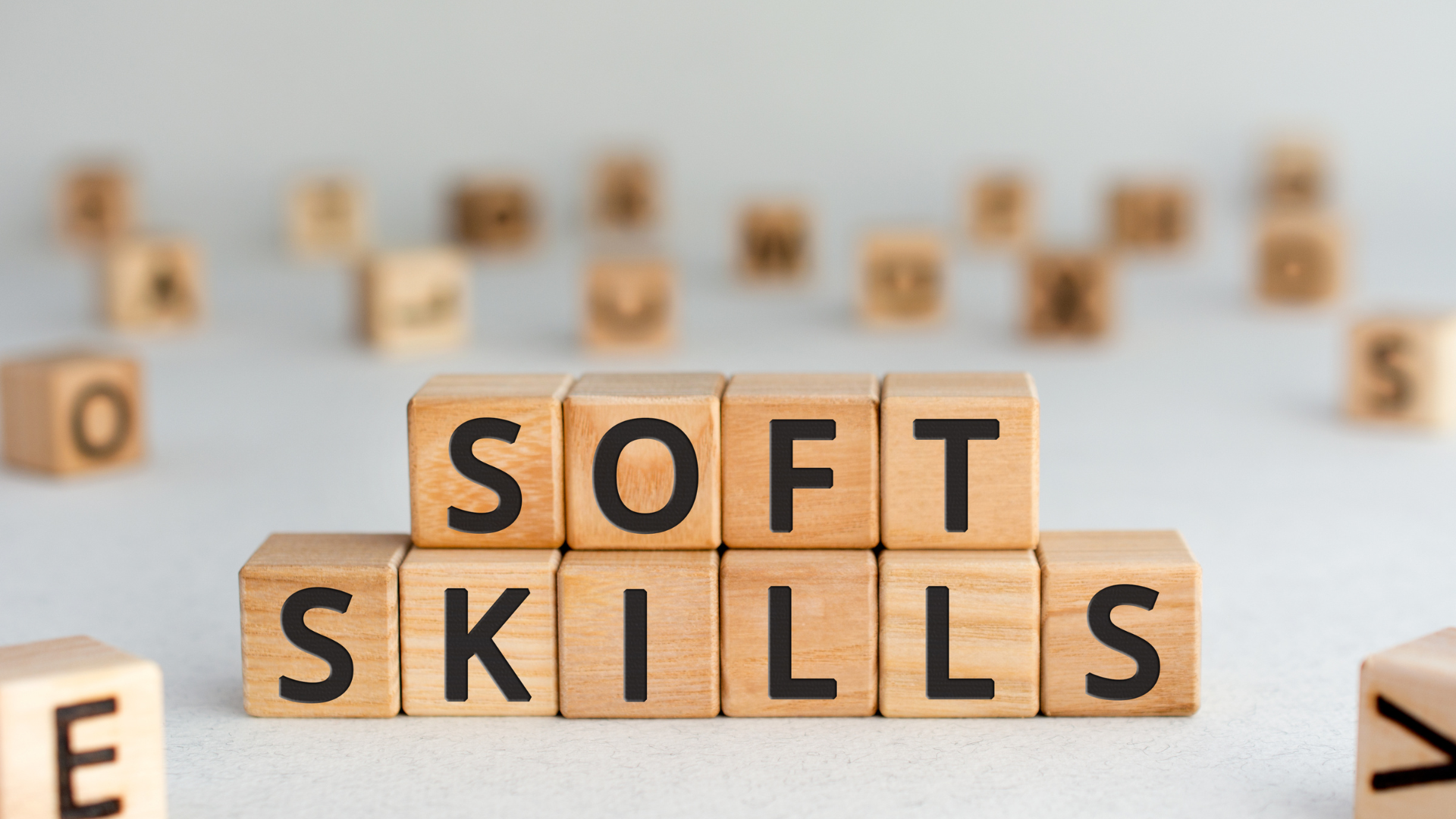It is clear that our hard skills (knowledge, experience and skills) can be easily surpassed by AI.
Knowledge, of course, experience too, and our skills, almost all of them. AI is even reaching high levels of creativity and invading (flooding) the area of many skills that we thought were unique to humans.
And in times of uncertainty, moving only in the most cognitive and technical section of the hard skills puts us in inferior comparative and competitive conditions with AI.
Precisely because the brain's great enemy is uncertainty, change and the need for transformation. The brain feels good and at its best when it defends us from change, from the need to transform, to move out of our comfort zone.
All this and much of what is to come, all of it, was anticipated by the computer genius Hans Moravec as early as 1988 and appears in one of Elon Musk's (Tesla, XSpace, X) signature books called Life 3.0 Being Human in the Age of Artificial Intelligence. The book even goes so far as to clearly raise the possibility of robots having more consciousness than some humans (of which Elon Musk is completely convinced).
The reason the soft skills are and will be more determinants with the IA
It is the more personal social and relational competencies, which for years have been referred to as soft skills, that can especially help people to navigate successfully in environments of uncertainty and disruption by enabling them to adapt and respond effectively to changes in the environment.
This is why they are and will become increasingly important.
Soft skills such as:
- Critical thinking (the ability to analyse information and make informed decisions)
Resilience, collaboration, autonomy, learning orientation
But there are soft skills that are more difficult to replicate with today's technology and that can be especially valuable in creating value for others, the world, the company and the job:
- Creativity: the ability to generate new and useful ideas.
- Empathy: essential for building interpersonal relationships and ethical decision-making.
- Complex problem solving: the ability to approach problems from different perspectives and to use our experience and knowledge to find innovative solutions.
- Flexibility: the ability to adapt with less effort to changes and unforeseen situations.
- Adaptability: the ability to adjust to new situations and be able to learn new skills and knowledge.
- Teamwork: the ability to work together to achieve common goals and solve complex problems.
- Digital dexerity, which consists of the ability to acquire technological knowledge, but above all to detect outside the company what is most useful for the business and then be able to implement it internally.
What soft skills make the difference with AI
It is difficult to single out any one of these soft skills as the most important. However, the ones that most differentiate AI and are most useful in uncertain environments, according to experts and practical experiences of using AI in an increasingly common way, point to them:
- The ability to solve complex problems, a very valuable and essential skill that humans can offer for strategic decision making and innovation and difficult to replicate with today's technology.
- The human ability to work in teams, which includes interpersonal and social skills that are difficult to replicate with current technology. Robots and AI can collaborate with each other and with humans to achieve common goals, but they have not yet developed the ability to adapt to unforeseen situations and work flexibly and empathetically in a collaborative environment.
- Digital dexerity, discussed above.
The necessary link to have these soft skills that mark the difference with the IA
But having staff with these three soft skills that are most distinctive of human beings, that cultivate staff with these soft skills, attract them, build their loyalty, is not possible, especially in environments of great uncertainty and disruption, if there is not a culture that enables and encourages a high degree of flexibility, openness and support for people: collaboration, openness, honesty, recognition, open-mindedness and open-heartedness. Many things that in the past have been at odds with the world of work.

